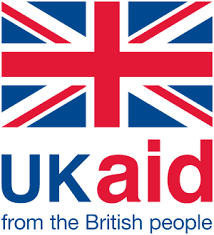Community / Land projects / For Active Citizenship of the People from Tete Province
For Active Citizenship of the People from Tete Province

€0
06/12 - 05/13
Completed
This project is part of
Implementing Organisations
Donors
Data Providers
General
This project forms part of the ABG Programme Framework and falls within the ouputs 3 and 4. The project was proposed by the Diocesan Justice and Peace Commission (CDJP) of Tete and aims to promote active citizenship through the dissemination of laws and defence mechanisms of fundamental rights and duties of people in Tete Province, Mozambique. CDJP of Tete, proposes with implementation of the project to achieve two main objectives: 1) Train and empower parishes in fundamental rights and duties enshrined in the constitution, and specifically the Law on the Right to Use and Exploit the Land (DUAT); and 2) Promote opportunities for dialogue between communities and state agencies at provincial, district and local levels. The project will be implemented in 04 districts of Tete Province, in Mozambique and will be training members of 09 parish communities to serve as disseminators of the laws and mechanisms that defend the rights of people and, as well as watchful and reporters (to CDJP) on the violation those rights. On the other hand, efforts to inform communities about their fundamental rights and duties enshrined in the laws (Constitution of the Republic of Mozambique and the Law on the Use and Exploitation of Land) will be put in place. Thus the project will: 1. Develop capacities of 09 parish communities through providing necessary training and tools to their members to defend basic rights of vulnerable people; 2. Inform communities covered by 09 parishes in 04 districts on their fundamental rights, with focus to the Law of Land and available defence mechanisms; 3. Provide juridical assistance to communities in solving land conflicts as for identified in the frame of project implementation and; 4. Promote collaborative partnerships between the church and other civil society and, other state governance monitoring actors within the province. At least 1800 persons from 09 parish communities will be informed on their fundamental rights of land property, their legal status as well as the mechanisms that are available and steps for legalization of their lands.


